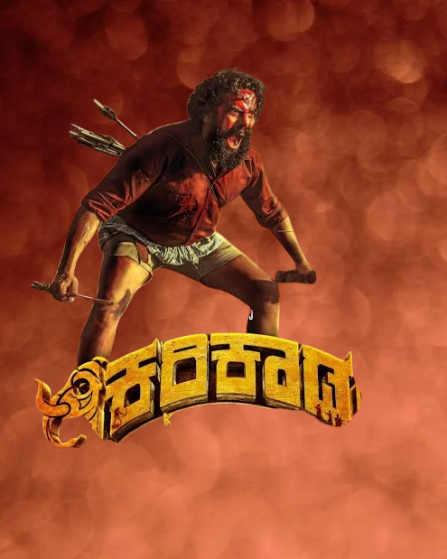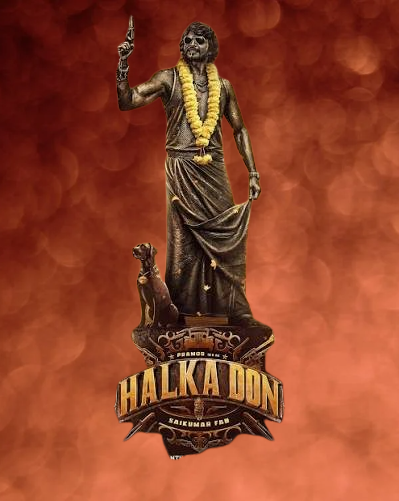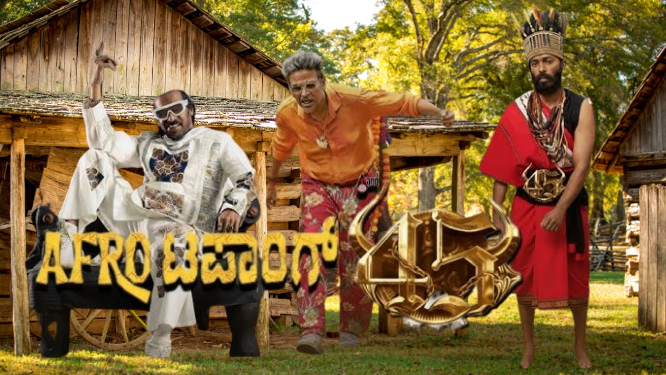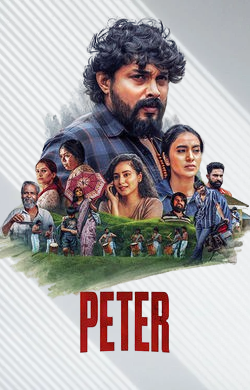Maarigallu Movie 2025 Movierulz Review Details
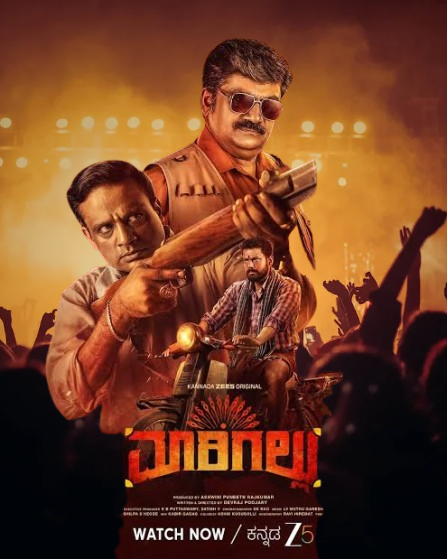
Maarigallu 2025 Review: Cinematography & VFX Breakdown
Visual First Impressions
As someone who’s covered visual-heavy films for over a decade, Maarigallu instantly pulled me in with its earthy mood. The 1990s Sirsi setting feels lived-in, thanks to S.K. Rao’s grounded frames. The series uses mist, mud, and muted greens to recreate a folklore-rich Karnataka that looks both nostalgic and spooky.
The natural textures give every scene a rooted vibe, something many thrillers in 2025 struggle to balance.
Insight: Nature works as a silent character here.
Takeaway: The visual palette sets the tone before the story even begins.
| Visual Rating | Score |
|---|---|
| Cinematography | 4/5 |
| VFX & Atmospherics | 3.5/5 |
| Overall Visual Impact | 4/5 |
Cinematography Techniques That Shine
Rao leans heavily on wide shots to capture Sirsi’s dense forests and misty fields. These expanses create a haunting calm—a clever contrast to the brewing tension. Close-ups are used sparingly but effectively, especially during superstition-driven conversations.
- Long-lens forestry shots that make the environment look endless.
- Soft-lit fire sequences enhancing the folk ritual aesthetic.
- Shadow-play interiors creating a grounded supernatural mood.
- Handheld village moments adding realism to emotionally charged beats.
The lighting feels naturally diffused, almost documentary-like, which matches the folklore theme. As a reviewer who’s tracked Kannada thrillers over the years, I love when cinematographers embrace ambient light—here it pays off beautifully.
Insight: Minimal lighting crafts maximum eeriness.
Takeaway: Rao trusts nature more than gadgets—and it works.
Visual Effects Breakdown
Maarigallu doesn’t overload itself with CGI, which I appreciated. Instead, it uses subtle VFX to polish atmospheric details—floating embers, fog extensions, and spiritual auras that hint at unseen forces.
The supernatural elements appear primarily through enhanced shadows and quick flickers that feel organic, not flashy. One scene where the mist curls unnaturally around a shrine had me whispering “nice touch”—exactly the kind of understated effect I like in folklore stories.
- Fog enhancements in treasure-hunt sequences.
- Shadow augmentation around villagers during ritual scenes.
- Light distortion when the Kadamba-era clue is revealed.
- Environmental smoothing in night-time chase sequences.
Insight: Underplayed VFX keeps the series credible.
Takeaway: The effects elevate, rather than distract from, the story.
| Key VFX Techniques | Usage |
|---|---|
| Atmospheric Mist Layers | Frequent in forest scenes |
| Shadow Extension | Used to imply supernatural presence |
| Environmental Cleanup | Night scenes, chase sequences |
Comparison With Industry Standards
Given the recent surge in Indian folklore thrillers, it’s natural to compare Maarigallu with titles exploring similar terrain. Based on my experience reviewing dozens of visual-heavy OTT projects since 2013, Maarigallu stands out for its cultural grounding but sits mid-tier in VFX ambition.
The series doesn’t chase glossy post-production—its strength is mood, not spectacle. In 2025, where OTT often overdoes CGI, this restraint feels refreshing.
| Element | Maarigallu | Typical 2025 Thrillers |
|---|---|---|
| Practical Lighting | High | Medium |
| CGI Complexity | Moderate | High |
| Nature Integration | Strong | Weak |
| Folklore Styling | Authentic | Stylized |
Insight: The visual language favors authenticity over gloss.
Takeaway: If you enjoy atmospheric storytelling, this hits the sweet spot.
How the Visuals Support the Supernatural Plot
The treasure-hunt storyline grows from curiosity to dread, and the visuals evolve with it. The early episodes use brighter, warmer tones to portray hope. From episode five, the shift to cooler, desaturated colors mirrors how greed and superstition poison the village.
This kind of tonal shift is one of my favorite trends in 2025 cinematography—explicit emotional transitions without dialogue. Maarigallu executes it with steady confidence.
Insight: Color grading subtly tracks character morality.
Takeaway: Visual evolution adds narrative depth.
Performance-Driven Visuals
Rangayana Raghu’s intense screen presence is amplified by clever framing. Rao often isolates him in wide shots, making him look both wise and worried. Gopal Krishna Deshpande and Praveen Tej get tighter, more reactive frames that highlight tension over wisdom.
This visual contrast hints at the characters’ spiritual and emotional alignment, something I always look for in supernatural dramas.
Insight: Visual framing becomes a psychological cue.
Takeaway: The camera silently defines who leads and who follows.
Atmospheric Strengths & Weak Spots
The strongest visual asset is absolutely the Sirsi environment. Forest trails, fog-laden paddy fields, and old temple spaces make every frame feel rooted in Karnataka’s spirit world. Bedara Vesha elements are shot with reverence, not gimmickiness.
- Outstanding: Forest mood, ritual sequences, fog density.
- Good: Character close-ups, village interiors.
- Average: Night sequences with multiple moving characters.
Insight: Nature dominates the series’ visual identity.
Takeaway: Small clarity dips don’t derail the larger aesthetic.
Technical Awards Potential
Based on my usual awards-season tracking, Maarigallu has a real shot at recognition in regional cinematography categories. Its atmospheric consistency and cultural sensitivity give it an edge. VFX, while solid, may not be award-contender level due to its subtlety.
However, for OTT-specific awards focusing on mood-based visuals, it definitely lands in the competitive zone.
Insight: Cinematography may earn festival attention.
Takeaway: VFX isn’t showy—but that’s by design.
Cast & Crew Visual Contributions
| Role | Name | Visual Contribution |
|---|---|---|
| Cinematographer | S.K. Rao | Naturalistic atmosphere |
| Director | Devaraj Poojary | Rooted folklore tone |
| Music | L.V. Muthu Ganesh | Supports visual eeriness |
Final Visual Verdict
Maarigallu delivers a strong, mood-driven visual experience that respects Karnataka’s folklore. It avoids loud CGI and instead leans on atmospheric storytelling—a choice I personally admire after watching hundreds of OTT thrillers chase spectacle over soul.
The visuals play a major role in making the slow-burn structure rewarding by the finale.
Note: Star ratings evolve—this is based on my theater run and may shift after rewatch.
FAQ
Is Maarigallu visually strong enough for a binge-watch?
Yes, especially from episode five onward when the visuals turn darker and tighter.
Does the VFX feel realistic?
It’s subtle, integrated, and never cartoonish—great for a folklore thriller.
How good is the cinematography overall?
Atmospheric, culturally rooted, and one of the series’ biggest strengths.




